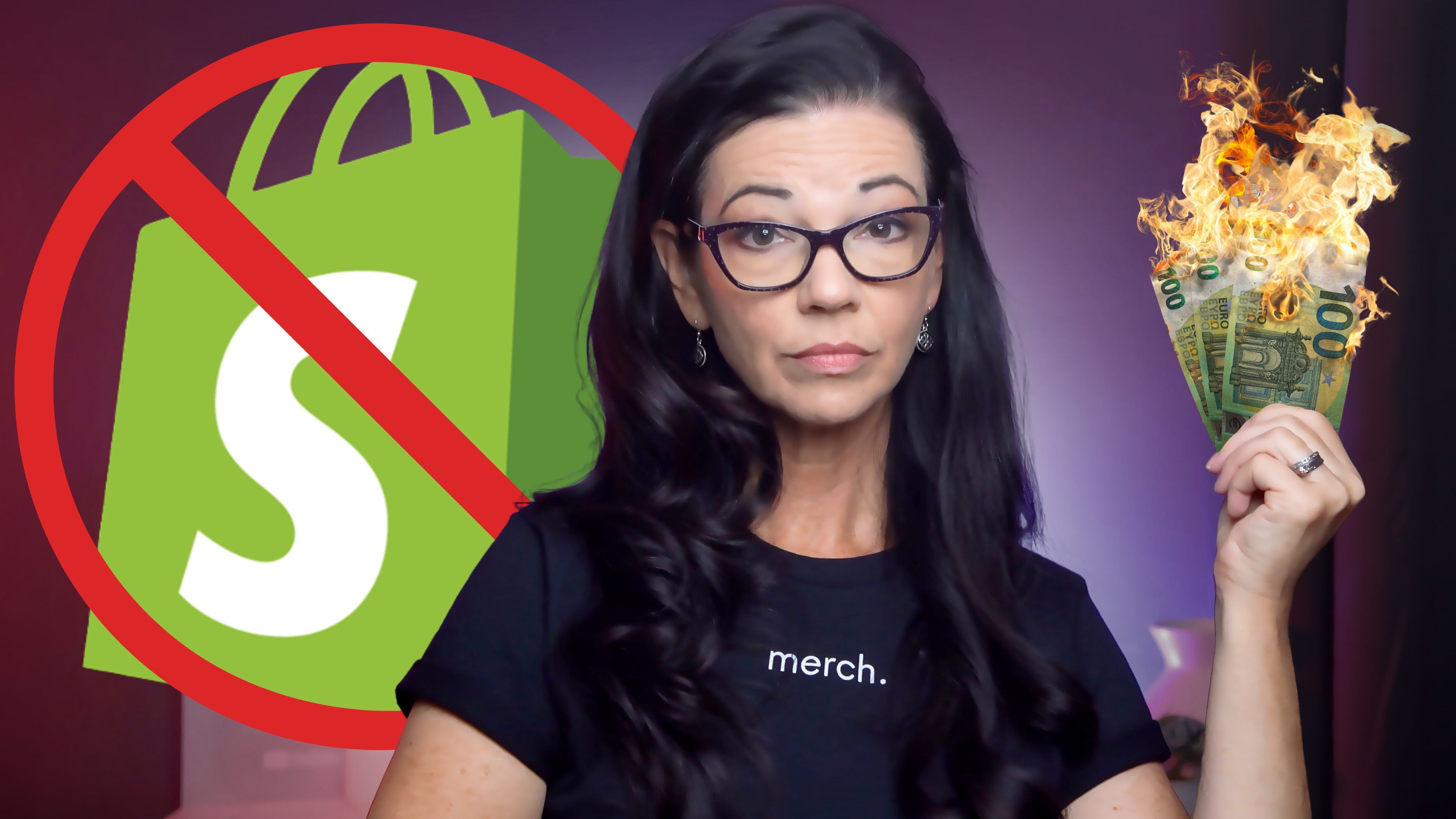The Truth Behind Dropshipping Hype: Why the “Under $1” Myth Doesn’t Hold
Aug 04, 2025
Many videos claim you can launch a dropshipping business for next to nothing—or even free. I started my store this week, and I’m here to walk you through what it actually takes. At the end, you can decide if it's worth the hype.
🛠️ The Three Essential Platforms You’ll Need
Here’s what I’m using—and what you should budget for:
1. AutoDS – Your Product & Order Manager
www.autods.com handles sourcing, listing, inventory updates, and order fulfillment. It’s marketed as fast and reliable. I’ll share a full review after my 60‑day trial.
Tip: Use the trial to test daily operations. If sourcing and auto‑fulfillment feel clunky, reassess before committing to a paid plan.
2. Shopify – Your Storefront
www.shopify.com hosts your online store and processes customer payments. It’s the backbone of your brand and buying experience.
Tip: Pick a clean theme, customize your branding, and add clear shipping/refund policies to build trust from day 1.
3. BuildYourStore.ai – Quick Site Builder
buildyourstore.ai generates a site template fast—but you’re far from done. I had to customize almost every page before it felt professional.
Tip: Download and double-check the draft site—rewrite product descriptions, tweak layout, and ensure mobile responsiveness.
💰 Claim #1: “You can start for less than $1”
Reality check: Yes, both AutoDS and Shopify offer 30–90 day free trials—but once you’re past this, critical tools are locked behind paid tiers.
-
AutoDS’s advanced features and access to curated products cost extra.
-
Shopify plans start at around $39/month to connect your domain and access essential apps.
🎯 Tip: Budget at least $60–100/month for these services once trial periods end—and treat it as your basic operating cost.
⚙️ Claim #2: “Building a dropshipping site is super easy”
Partly true: Tools like BuildYourStore.ai simplify the initial setup. But it’s like giving you cake mix—you still need to bake it.
-
The site often needs redesigns, better content, and optimized product listings.
-
You’ll likely spend hours editing copy, improving branding, and adjusting layout.
🔧 Tip: Allocate time to refine the site: write SEO-friendly product titles, streamline navigation, and add trust signals like reviews and FAQs.
🛍️ Claim #3: “Selecting and listing products is effortless”
Sure, it’s quick—but not necessarily smart.
-
Many apps let you import products in seconds—but these items might be out of stock, poorly described, or unprofitable.
-
The “real” value comes with paid tools that surface high‑demand, in‑stock items. That means subscription fees.
🔍 Tip: Don’t just import everything. Pick a focused niche, assess supplier reliability, and tailor descriptions and images to your brand.
🚀 Claim #4: “Promotion is optional if you’re smart”
I’ve decided to go no‑ads. Instead, I’m dedicating time to:
-
Writing blog posts and articles targeting product-related keywords.
-
Optimizing for search engines (SEO).
-
Leveraging organic traffic and content marketing.
📝 Tip: Create a content calendar—ideally 1–2 blog posts per week about your product themes. Link naturally to your store and optimize meta titles/descriptions.
⏳ Where I Stand After One Week
-
Store setup is underway—but not turnkey.
-
I’ve upgraded subscriptions on both AutoDS and Shopify to unlock critical features.
-
Editing the site and sourcing viable product listings is unexpectedly time-intensive.
-
For now, I'm committed to a 60‑day trial period—no ads, all content marketing—and I’ll share progress updates.
✅ Final Thoughts: Is Dropshipping Realistic?
-
Can you technically start for under $1? Yes—but only temporarily, and you’ll face significant costs shortly.
-
Is building a store easy? Tools help—but the real work is still on you.
-
Are product selections effortless? Yes—but only if you're willing to stick with stock that might not convert.
-
Does it take time? More than most promotional videos admit.
Dropshipping takes money, effort, and strategy—not just a quick setup. But if you're patient and committed, it can be a valid experiment.
📅 Next Steps & What’s Coming
I’ll be updating you over the next 60 days:
-
A detailed review of AutoDS—what works, what doesn’t.
-
Screenshots of the store edits I made on BuildYourStore.ai.
-
Progress updates on SEO and content marketing results.
Stay tuned to see what happens—and decide for yourself if dropshipping lives up to the hype.

